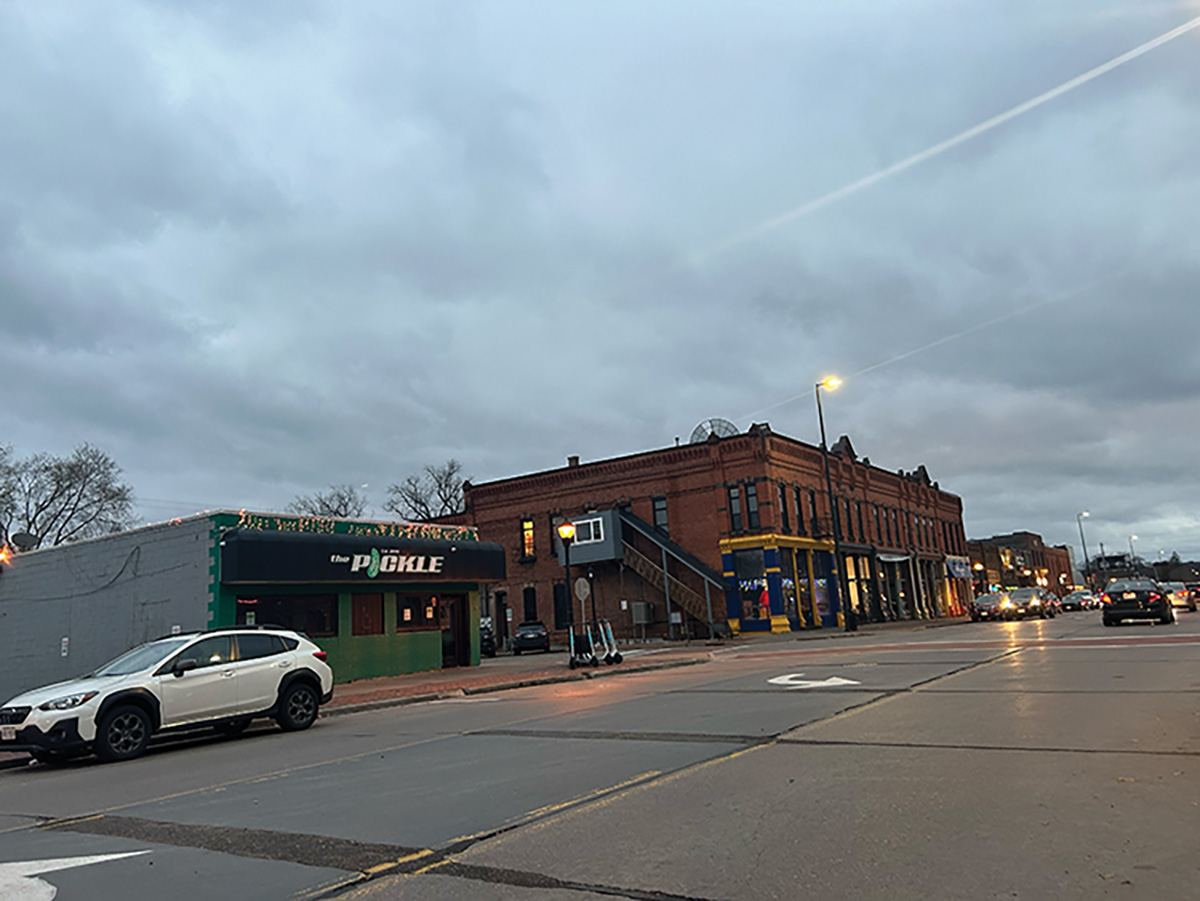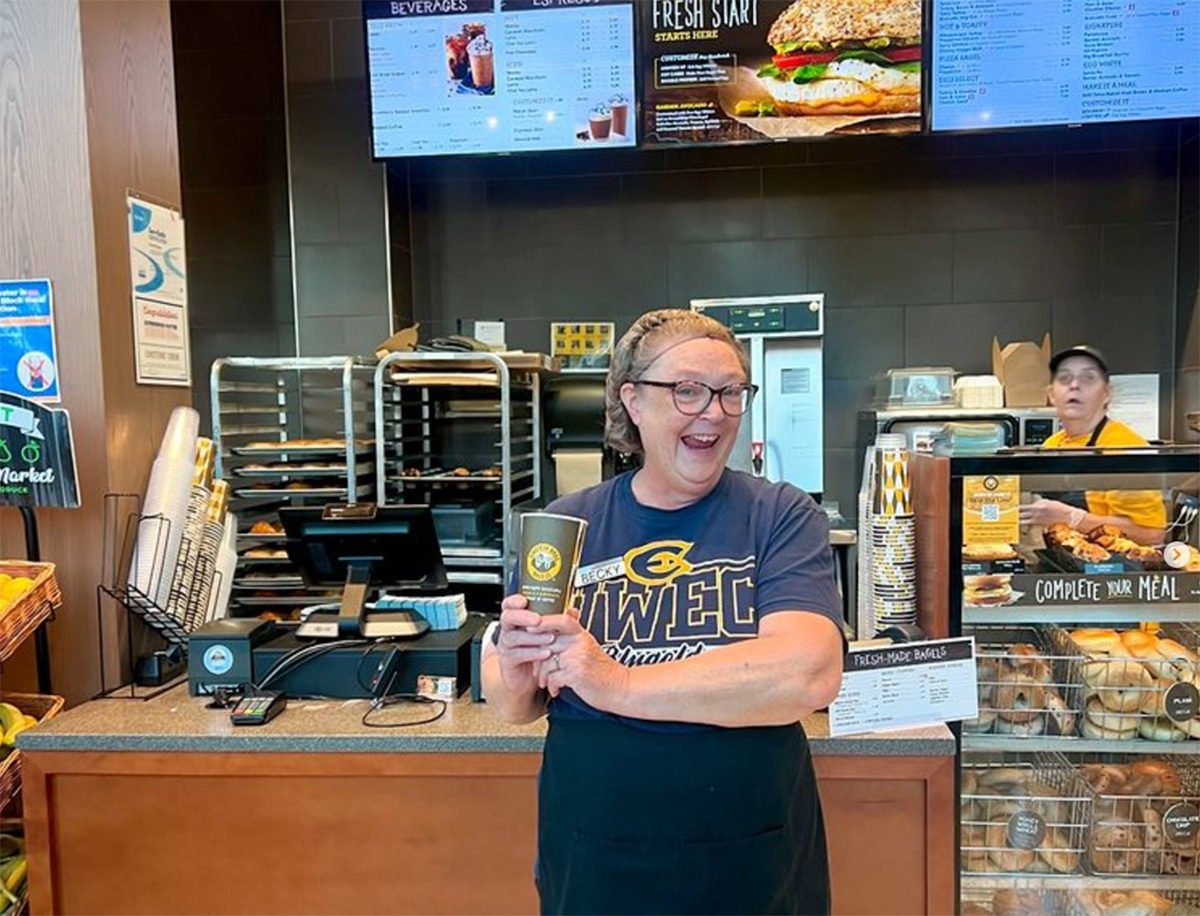Through the university’s partnership with U.S. Bank, the bank handles students’ Blugold cards, offers credit cards to alumni and has a branch housed in W.R. Davies Student Center. Because of a requirement for student organizations to transfer their accounts to a commercial bank, U.S. Bank now handles many of these accounts as well.
Most student organization accounts were previously handled by the cashier’s office in Schofield, said Director of Business Services Mark Reeves. He said each organization had their own account that was managed by accounting system software, and was kept separate from tuition money or state funds.
When Learning and Technology Services scheduled to de-commission that software, it became clear something different would have to be done with student organization accounts, Reeves said. After discussions between Business Services, Student Affairs and University Centers, the decision was made to not buy new accounting software, he said. Instead, student organizations would have to start banking with a “partner of their choice.”
“We are confident the student organizations will find the advanced technology … provided that local banks will allow them easier and more timely access to their respective funds during the academic year,” Reeves said.
Joe Haferman, coordinator of student organizations and late night activities, said he was notified of the switch in November and was asked to help inform the student organizations.
The deadline for the over 250 organizations to switch their accounts was March 29. They set that initial deadline for the middle of the semester to ensure every organization actually made the switch, Haferman said.
“We had to build in some extra time just to make sure we’re covering everybody,” he said. “We don’t want organizations to forget they have an account and not be able to claim the money that they have. We wanted time to contact the organizations that missed the initial deadline.”
The Residence Hall Association is one of the organizations to make the switch to U.S. Bank. Vice President and Treasurer of RHA Anne Wagner said she had reservations about switching to a commercial bank. She was worried about possible fees, spending limits and minimum balance requirements, she said. However, the switch, in her opinion, has been beneficial.
“Every club is entitled to go to whatever bank they want, but they made it seem like U.S. Bank is really the best option,” Wagner said. “It’s on campus and there are virtually no fees associated with it, so it’s probably the most convenient option for clubs.”
Each club or organization that does banking through U.S. Bank is signed up through a non-profit checking account, Wagner said. A company pamphlet lays out the information concerning the account.
An opening balance of $100 is needed to start an account. Wagner, who also handles money for Model UN, said they were lenient when that organization didn’t have that much money to open an account. Each account is also allowed 1,800 transactions for free per year. After that number is reached, there will be a cost of $.50 per transaction.
Tehl Aalderks, president of the International Association of Business Communicators, said this system is worth the possible, though unlikely, fees.
“The bank doesn’t make any money on our account … unless ‘X’ amount of transactions are made within the year,” Aalderks said. “It would be a long shot for a lot of orgs. to be charged, I would think.”
Each account is also given a checkbook and check card, which is a big advantage over the previous system, Wagner said.
“With the cashier’s check method, you would have to have somebody spend the money, then bring in a receipt, and then go to the cashier’s office, get a cashier’s check, give that check to the person (who spent the money) and then they had to deposit into their personal account,” she said.
Aalderks agreed with Wagner and said the new accounts were worth the 45 minutes they took to set up. He said U.S. Bank has made things easier and has been helpful with the turnover.
“All U.S. Bank is really trying to gain from us is our loyalty in hopes that we become future customers,” Aalderks said.






